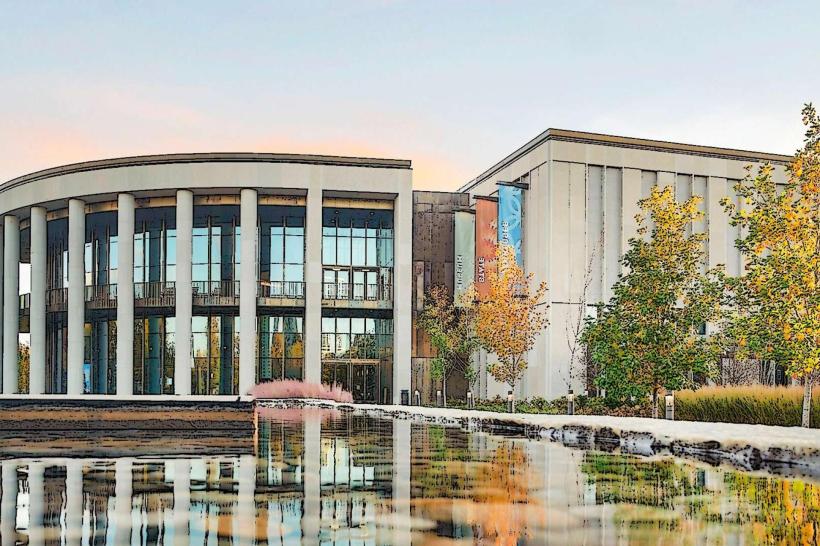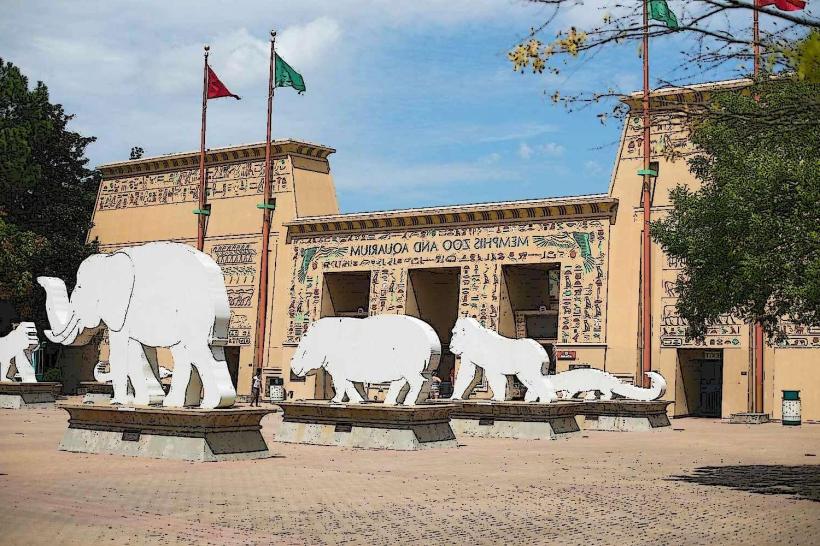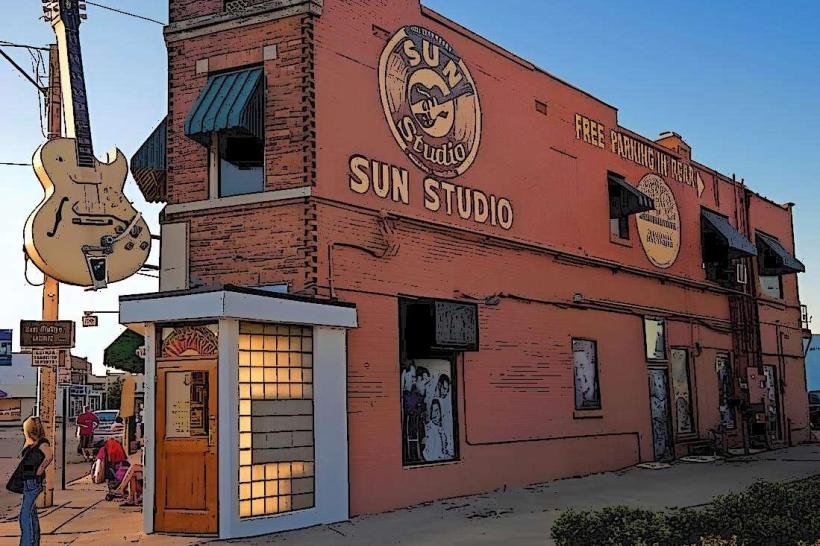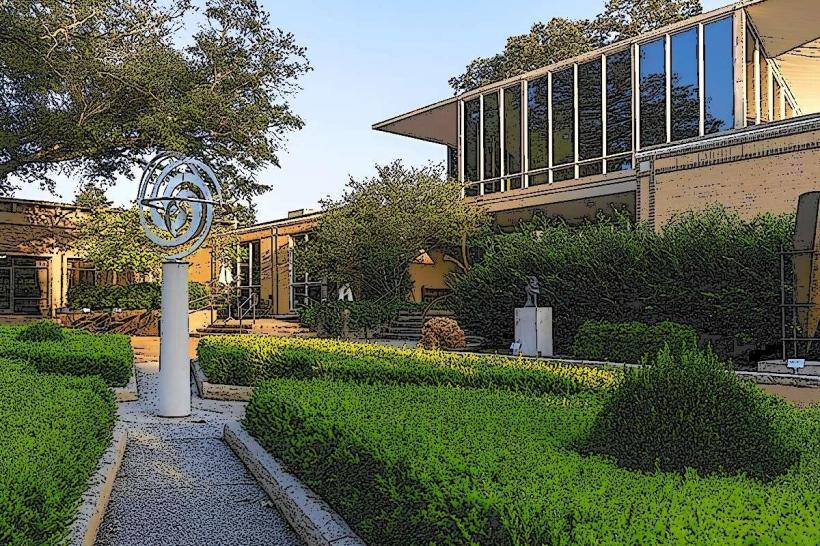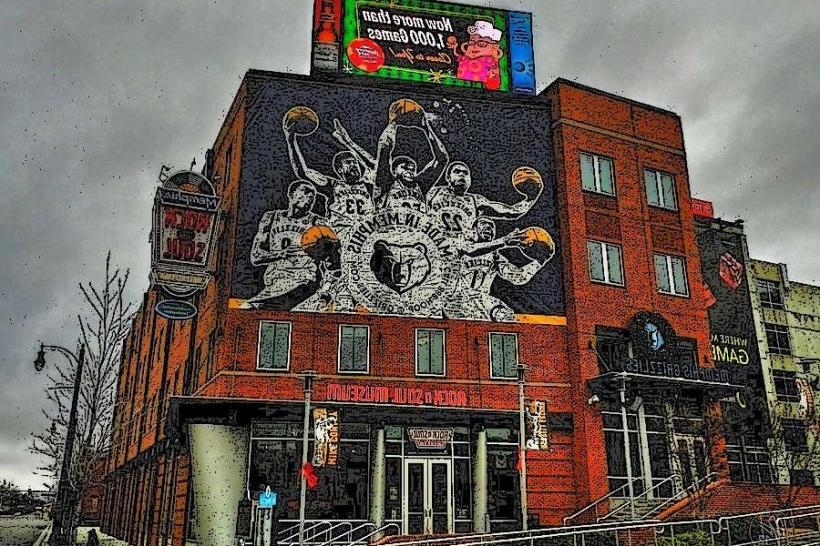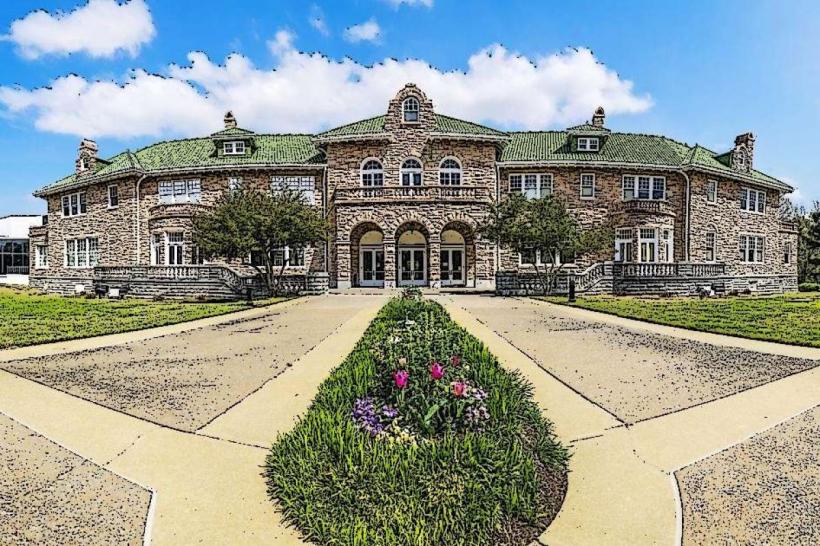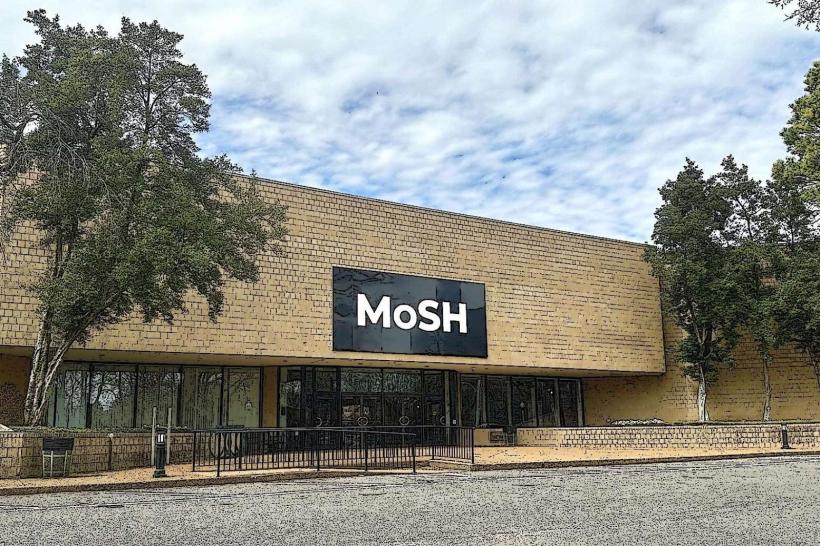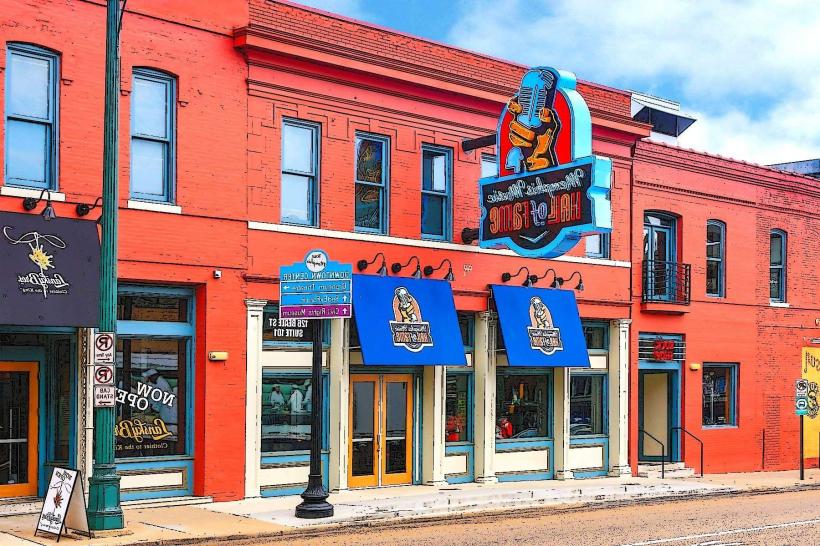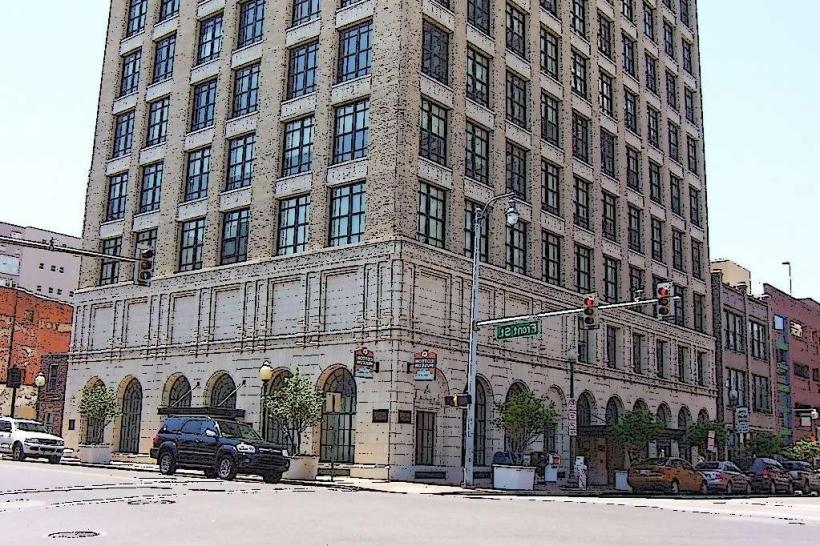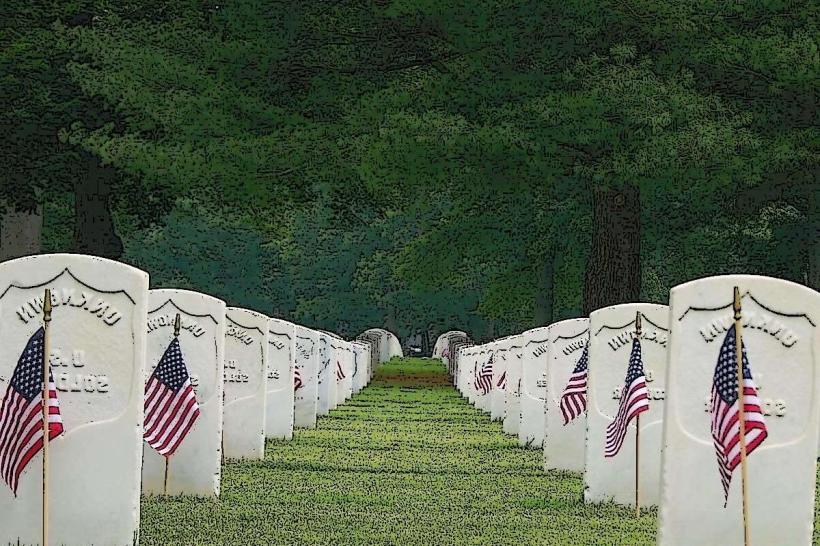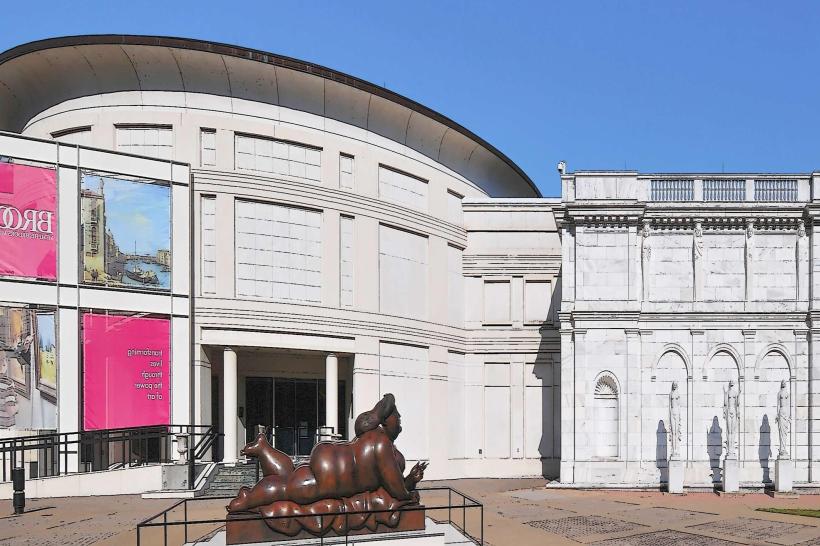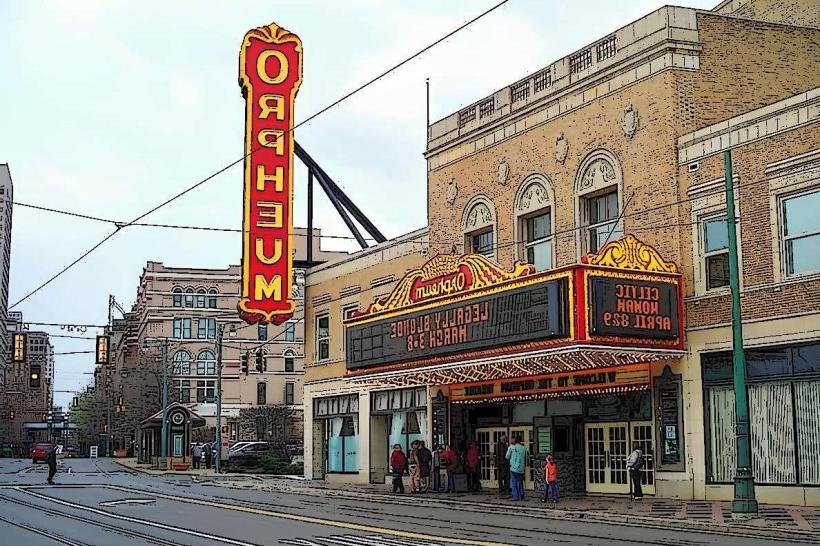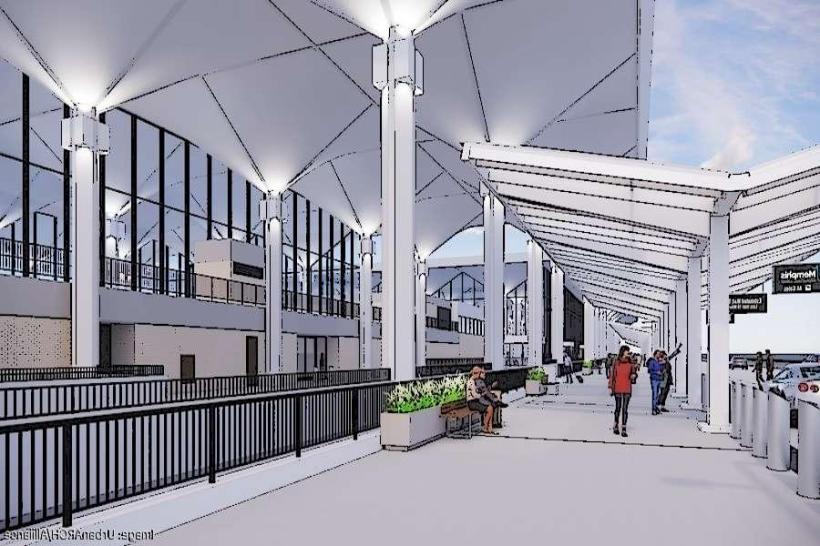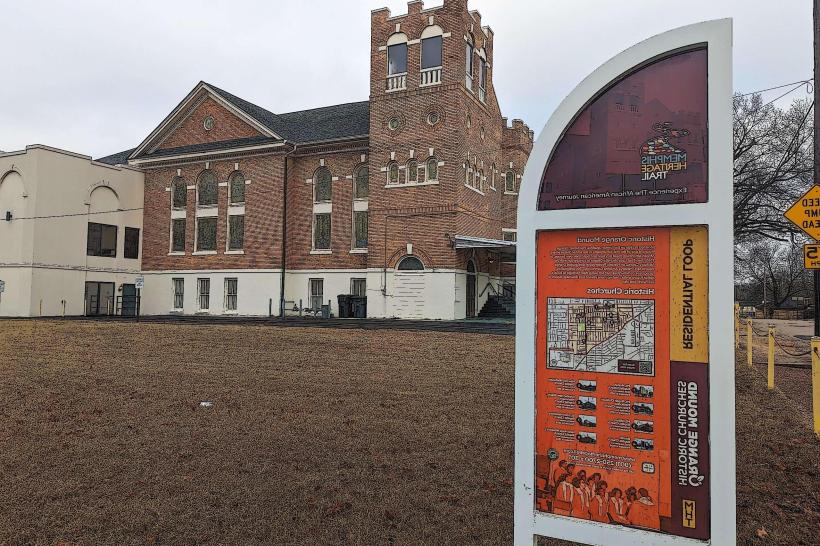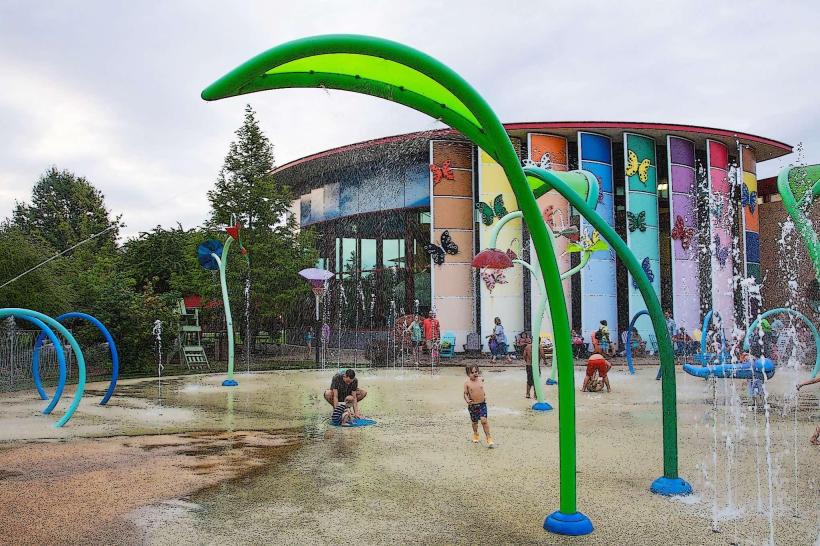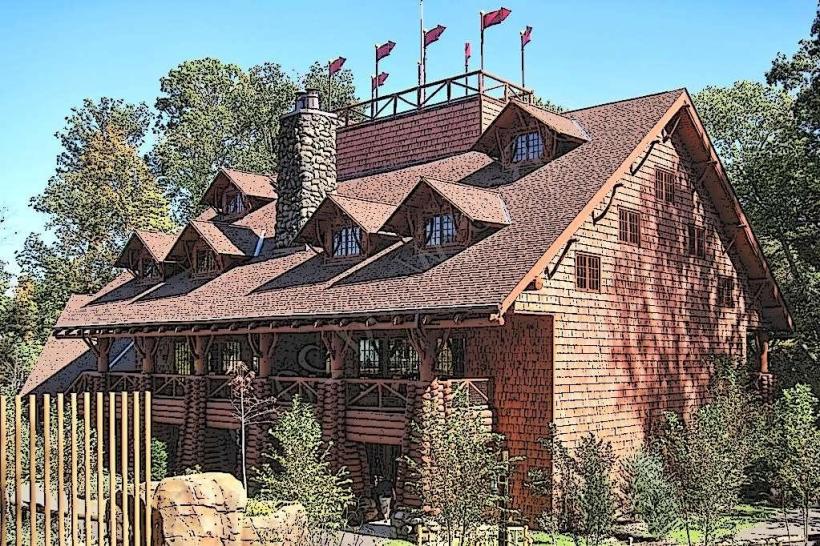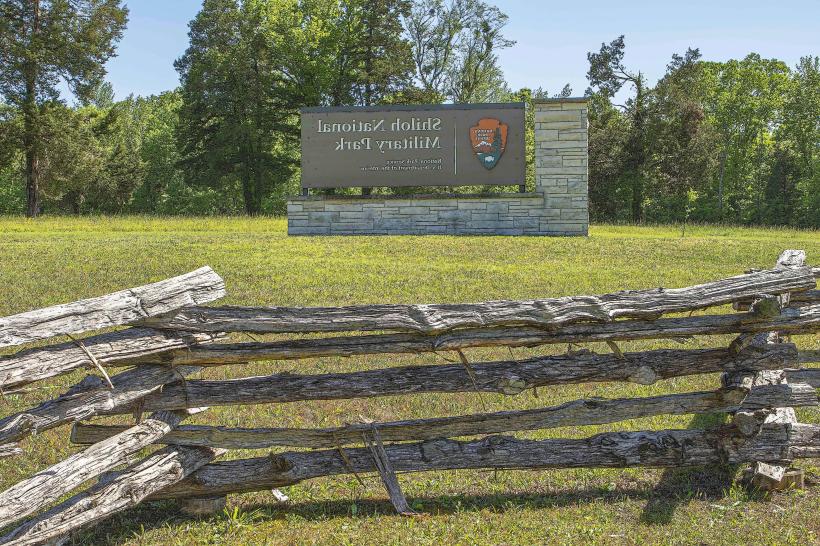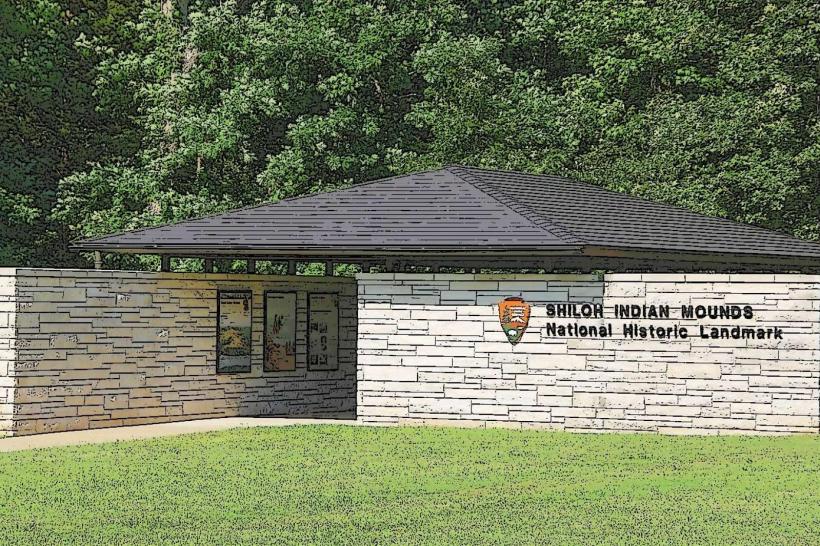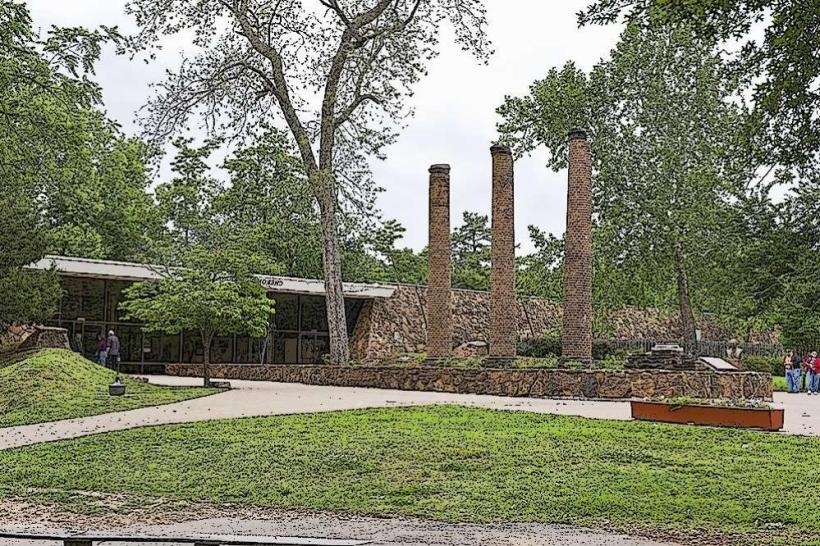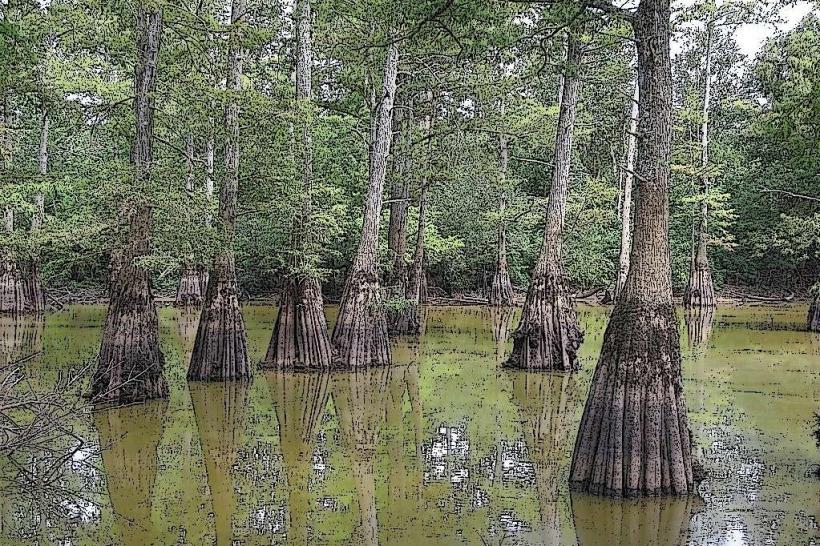Information
Landmark: Beale StreetCity: Memphis
Country: USA Tennessee
Continent: North America
Beale Street, Memphis, USA Tennessee, North America
Beale Street, located in downtown Memphis, Tennessee, is one of America’s most famous historic streets and a vibrant cultural hub known for its rich musical heritage, lively nightlife, and deep connections to the roots of blues, jazz, and rock ’n’ roll. It is widely regarded as the birthplace of the Memphis sound and a symbol of African American cultural expression.
Historical Background
Beale Street was established in the mid-1800s and quickly became a bustling commercial and entertainment district. By the early 20th century, it had evolved into the heart of Memphis’s African American community, hosting a wide array of theaters, clubs, restaurants, and businesses. The street gained national prominence as a center for blues music, with legendary artists such as B.B. King, Louis Armstrong, Muddy Waters, and Howlin’ Wolf performing in its clubs and venues.
Despite periods of decline and economic hardship during the mid-20th century, Beale Street was revitalized through preservation efforts starting in the 1970s and has since become a premier destination celebrating Memphis’s musical legacy.
Cultural and Musical Significance
Beale Street’s significance lies in its pivotal role in the development and popularization of blues and jazz music. The street nurtured countless musicians who went on to influence global music trends. It served as a gathering place where music styles blended, creating the unique Memphis sound characterized by soulful vocals, rhythmic guitar, and dynamic horn sections.
The street’s vibrant nightlife scene fostered the careers of many blues legends and remains a vital venue for live music today, continuing to celebrate and innovate within these musical traditions.
Key Attractions and Landmarks
B.B. King’s Blues Club: A flagship venue honoring the legacy of blues icon B.B. King, offering live performances, Southern cuisine, and a lively atmosphere.
Rum Boogie Cafe: Known for its intimate setting and top-notch blues performances, this club draws both locals and tourists.
The New Daisy Theatre: A historic venue on Beale Street hosting concerts, comedy shows, and community events, preserving the street’s entertainment heritage.
Beale Street Historic District: Designated a National Historic Landmark, the district features architecture and markers that reflect its cultural importance.
Blues Hall of Fame and Museums: Nearby institutions often connect visitors to Beale Street’s musical heritage through exhibits and educational programs.
Festivals and Events
Beale Street is home to numerous festivals and cultural events, including:
Beale Street Music Festival: Part of the larger Memphis in May International Festival, this event draws national and international artists, spanning genres beyond blues.
King’s Blues Fest: Celebrates blues music with live performances, honoring the genre’s roots and contemporary stars.
Live Music Every Night: Multiple venues on Beale Street host nightly live performances, making it a year-round destination for music lovers.
Atmosphere and Experience
Walking along Beale Street offers an immersive experience rich with neon lights, vibrant crowds, street performers, and the sounds of live music spilling from clubs and bars. The street’s historic buildings, many restored to reflect their original 20th-century charm, create a nostalgic yet lively backdrop.
Visitors can enjoy a blend of music, dining, shopping, and people-watching, making Beale Street a dynamic social and cultural space.
Summary
Beale Street is a landmark of American musical history and a living testament to Memphis’s enduring cultural vibrancy. From its origins as a center of African American commerce and music to its present-day role as a bustling entertainment district, Beale Street continues to celebrate the blues and jazz traditions that shaped the nation’s sound. It remains a must-visit destination for those seeking authentic music experiences, historic charm, and a deep connection to Memphis’s cultural soul.

